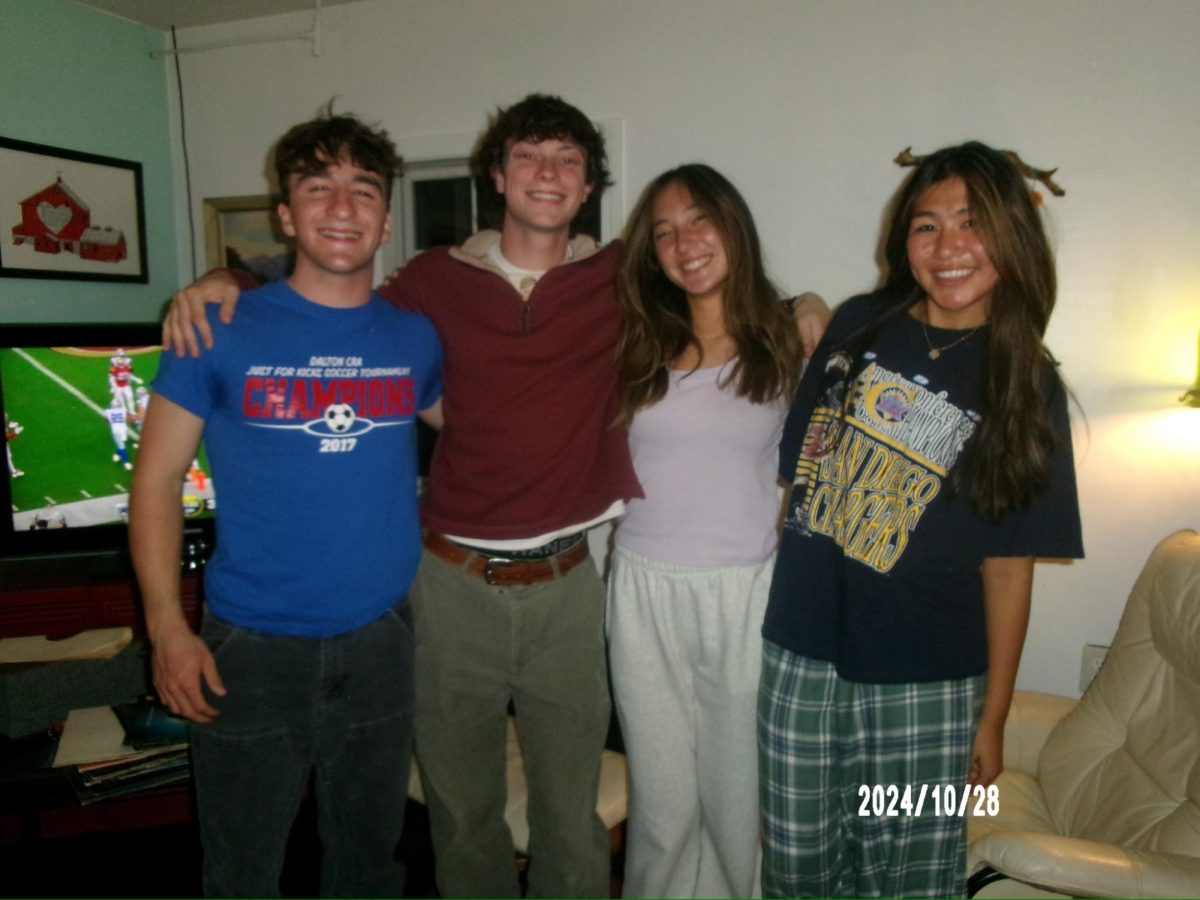“I’m an immigrant myself,” María Román ’22 said. “I lived in Colombia for 11 years and then I moved here, and my family has had to go through the USCIS process.”
Román is a coordinator of the Williams Translation Project (WTP), a volunteer organization that helps translate legal documents for free. Today, immigration procedures required by U.S. Citizenship and Immigration Services (USCIS) are becoming increasingly difficult and costly due to executive orders and other policies made by the Trump administration, as well as the COVID-19 pandemic.
The WTP consists of 120 students and community members, according to WTP Coordinator Gabriel Patenotte ’21. The initiative includes people from Williams, Amherst College and the greater Berkshire community.
The WTP works with two immigrant centers: the Berkshire Immigrant Center in Pittsfield and the Center for New Americans (CNA) in Northampton. These centers send the WTP legal documents like birth certificates and marriage certificates to translate, Patenotte said. The documents are from clients trying to become American citizens.
Hiring a professional translator is normally expensive, and USCIS has started requiring more financial documents in order to show that immigrants can support themselves. This financial information is sometimes required to become a resident, before applying for citizenship. What used to be about two pages of documents per client can now be anywhere from six to almost 12, driving up the price of translations, according to Patenotte.
“We hope to serve immigrants who have a lower income and maybe are not just able to pay for a translator and haven’t been able to find a pro bono translator,” Román said. It is important to provide as much documentation as possible, since more and more cases are denied.
Translations by the WTP go through multiple steps of checking and editing to ensure quality before being sent back to the immigrant centers. The WTP translates two documents per week on average — one from each immigrant center, although demand has declined slightly due to COVID-19.
In 2015, the Berkshire Immigrant Center began working with volunteers from the Berkshire community. At that time, a student was interning there, which is how the College became more involved. The WTP lasted for two years, and then dissolved.
“The reason why it died was because they weren’t able to keep up with the requests,” Román said. The Project was not able to meet the needs of the BIC’s clients, so the Project was put on hold for a couple years.
However, in March 2019, Emma Lezberg ’20 interned at the BIC and restarted the WTP. The WTP used to be part of No Lost Generation (NLG), a refugee advocacy group on campus formerly led by Lezberg.
Aimed at supporting youth affected by the Syrian refugee crisis, NLG is a national initiative with a chapter at the College, of which both Patenotte and Román are board members. “Over Winter Study [in] past years we used to do sort of an immigration education … workshop,” Román said.
Patenotte and Román said that while it was nice to work with NLG, it was difficult for the WTP to manage its own communication and recruitment when it was part of another club. The WTP is now in the process of becoming a registered student organization, which will allow it to expand and grow more quickly.
Román said that the program has been rapidly growing, with an increase from 40 translators to 120 since the summer.
The most common languages the WTP works with are Portuguese, Spanish and French. Since March 2019, the WTP has translated 72 pages for the BIC and 87 pages for the CNA. In total, the WTP has translated 20 documents in French, 20 in Spanish and nine in Portuguese. Other languages, like German, Japanese, Italian, Korean and Vietnamese, add up to about 10 documents. In all, the WTP has translated about 50-60 documents.
“We’re always looking for more volunteers who are fluent in the language[s] and are willing to … take on that responsibility,” Román said.
Both Patenotte and Román said they are passionate about helping immigrants. Patenotte’s parents are immigrants, his father from France and his mother from Russia. “I’ve always been connected to … multilingualism,” he said.
The WTP continues to have aspirations to grow and improve. “We don’t feel a need to be constrained to this community,” said Patenotte. “Beyond just doing translation requests, one thing we’re always thinking about is how we make sure the security of our documents is as strong as it can be, or how do we make sure that the quality of our translations is as good as it can be.”
“It’s a very rewarding experience,” Román said. “It is something that is definitely needed as immigration continues to get tougher and as we continue to see people who are in need of translations.”






